Although cats can catch a cold from time to time, it is never transmitted from another human experiencing a cold. When it comes to cat colds, you need to know that their symptoms are quite minimal and difficult to understand.
Understanding your cat’s behavior, mood, food patterns, and much more is the key to understanding the severity of the cat’s cold. Let’s look at how you can understand cats’ cold symptoms and their appropriate and effective treatment in detail.
How Do Cats Catch a Cold?
You probably thinking, if humans cannot transmit cold to cats, how do they catch it, and why does it occur multiple times in cats’ overall lifetime? The answer is quite simple: cats’ cold is influenced mainly by a contracted virus.
Amongst the many bacteria and viruses out there, the two most common ones that cause cats cold are calicivirus and feline herpesvirus. Although these pathogens are commonly airborne, they can spread through contact with water.
Some other reasons that increase the chances of cats’ cold are being in homes or environments with a poor ventilation system or having a weakened immune system. Another potential cause is the other diseases the cat may suffer, such as kidney disease, asthma, and allergies to certain foods.
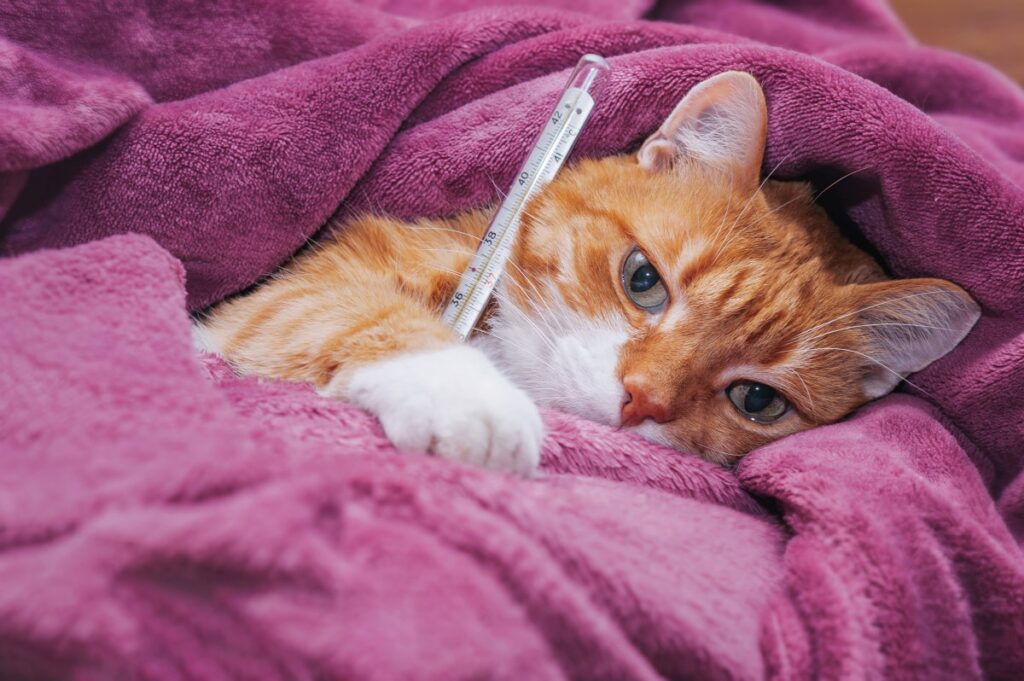
Repetition of a Cat Cold
You may have noticed that after giving your cat the required medicine and overall care, your cat has still caught a cold after a few weeks or months. The simple reason why this occurs is that the virus infecting the cat has adapted to its body. These dangerous viruses will remain in the body unless external secondary factors like stress or other illnesses trigger their activeness.
If your cat has been supplied with plenty of healthy, nutritious food, its immune system will remain strong, so it will easily be able to tackle the cat cold. However, if your cat has other health issues like kidney or liver diseases, asthma, or bacterial infection, you may need more care and medicines.
Symptoms of a Cat Cold
Now that you have understood that cat cold can occur multiple times and is not contracted by humans, you might be wondering what symptoms could help you navigate the severity and complexity of cats’ cold.
Some of the common symptoms that you can notice are sneezing, congestion, runny eyes and runny nose, coughing, dehydration leading to laziness, poor appetite. These symptoms are not easy to understand in the initial stages of a cat’s cold. Still, they can develop and be prominent in a short amount of time.
If you have noticed some or all of these symptoms in your cat, you shouldn’t delay any time. Visit your local and trusted veterinarian immediately for a checkup.
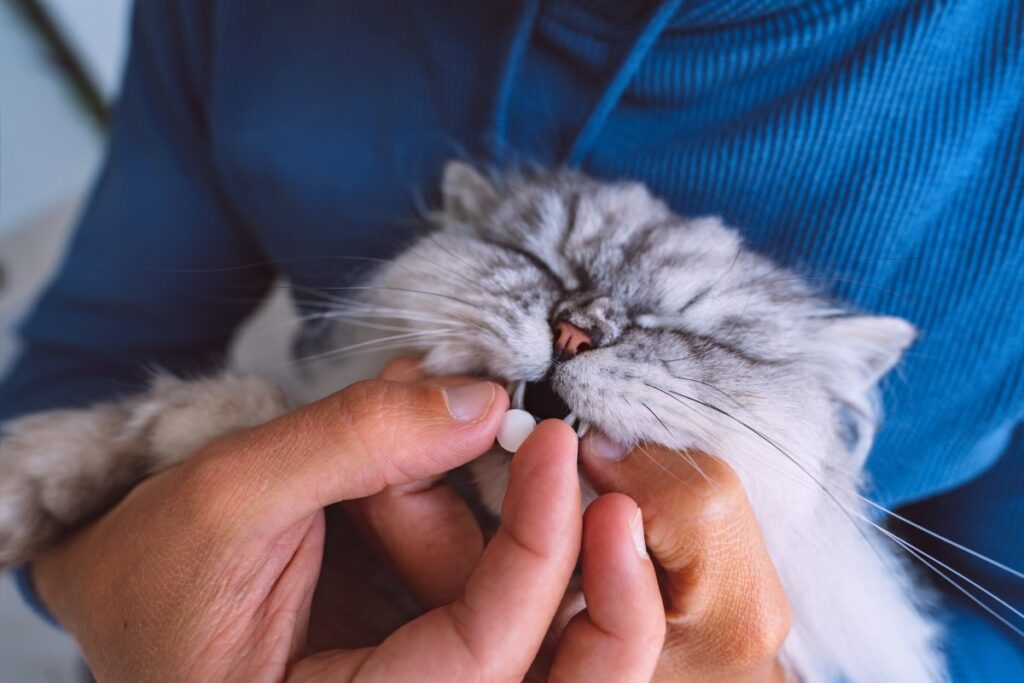
Treating Cats Cold
After you have noticed cold symptoms in your cat, you should rush and book an appointment with your vet, who will properly examine and list down the level of severity of the cat’s cold. Your vet may tell you to allow your cat to rest in a quiet, warm place and away from distractions such as other cats, humans, and toys.
Besides, you will be guided to clean their face constantly with a gentle and warm towel or cloth. You can also place a humidifier in that area where your cat is designated to rest.
Another great tip to ensure your cat eats its food despite having a cold is to warm it. It will boost the fragrance and increase your cat’s appetite, as congestion can decrease its senses.
Treating With Medicines
Regardless of how severe your cat’s cold is, keep in mind to never give medications without a proper prescription from your local doctor or veterinarian.
It is worth mentioning that cats metabolize medicines and chemicals way differently from humans because cats have different levels of enzymes and chemicals to break down drugs and syrups. Remember never to give your cat Tylenol as it could be lethal to their health, but instead, you could give them small amounts of aspirin, but that too with proper consultation and advice from the vet.
Overall, your vet will decide whether your kitty needs medicine to overcome cat cold. While your cat is recovering from its health, your constant care, love, and nurturing will be much required.
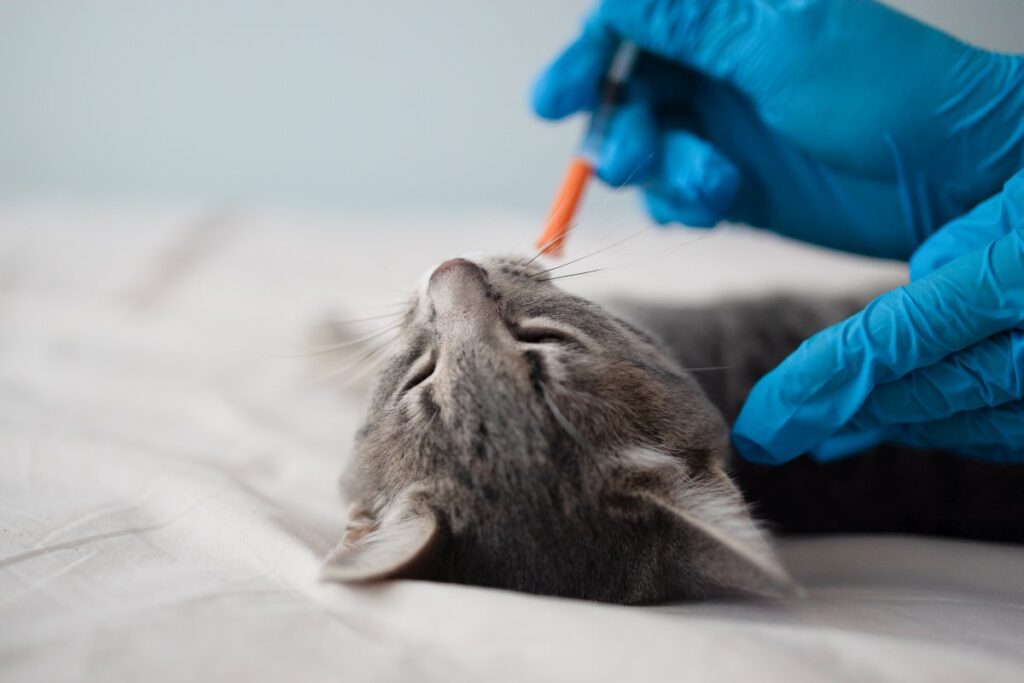
Preventing Cats Cold
You can prevent or at least decrease the risk of your cat catching another cold by getting them vaccinated at the appropriate time and age. One of the most effective and robust vaccines, known as the RCP vaccine, fully ensures that their immune system is responsive to the calicivirus and feline herpes.
Another thing that may help is to keep them away from other infected cats in the house or outside. Ventilation is key to ensuring that the tour cat is supplied with fresh and crisp air.
Lastly, always ensure that your little loved one is eating foods rich in nutrients such as minerals like potassium, nitrates, and magnesium. Vitamins of A, B, C, D, E, and K are necessary to keep your cat healthy. High levels of protein from fish, beef, or chicken, as well as carbohydrates and healthy fats like Omega 3 and 6, will boost your cat’s immune system. All of these will increase its metabolism and aid in reducing catching a cold.
Conclusion
So that is all when it comes to understanding the symptoms and treatments of cat cold. At the end of the day, it is your job to ensure your cat is protected from all sorts of diseases and germs, so they do not suffer in pain.

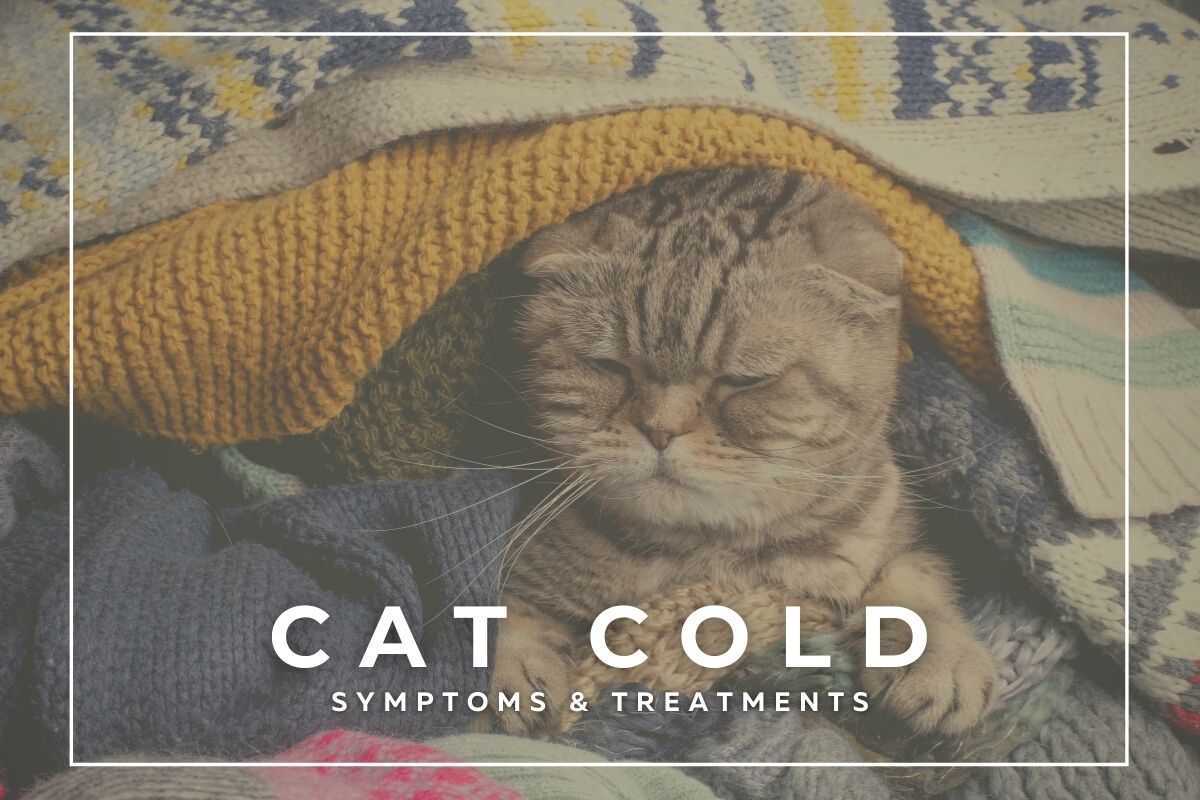

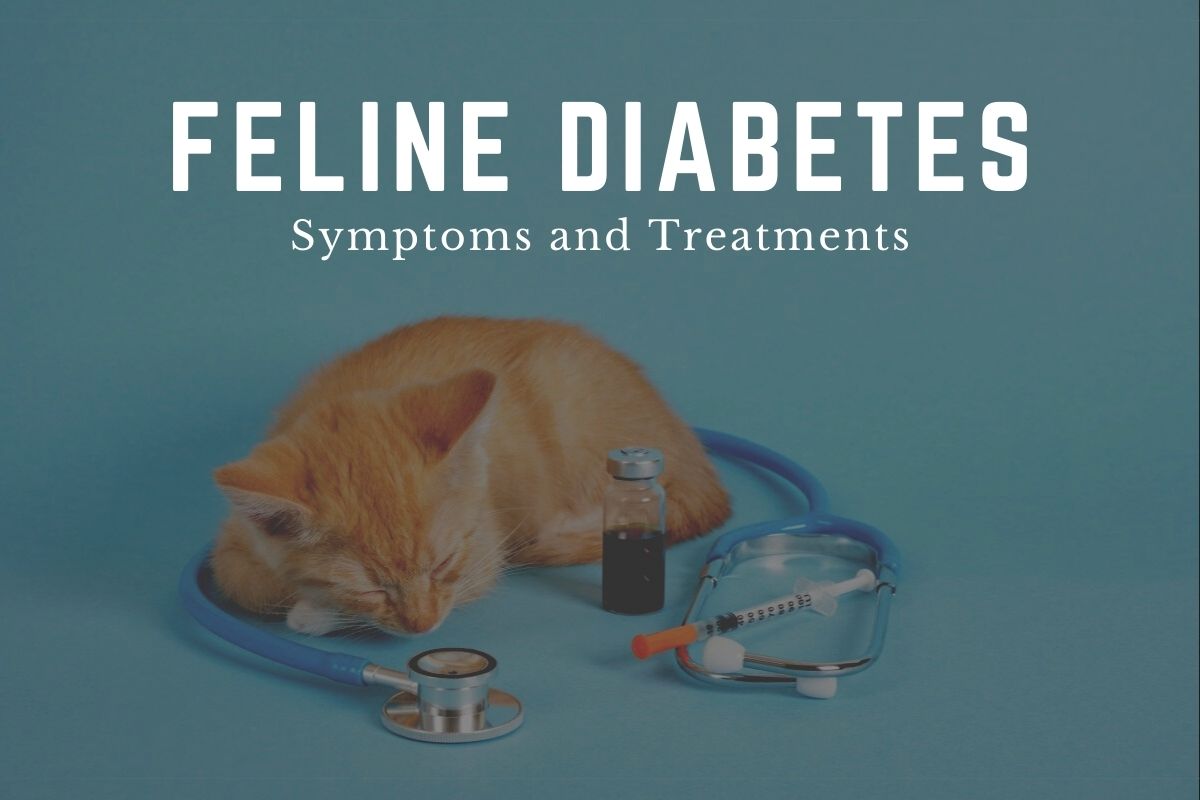
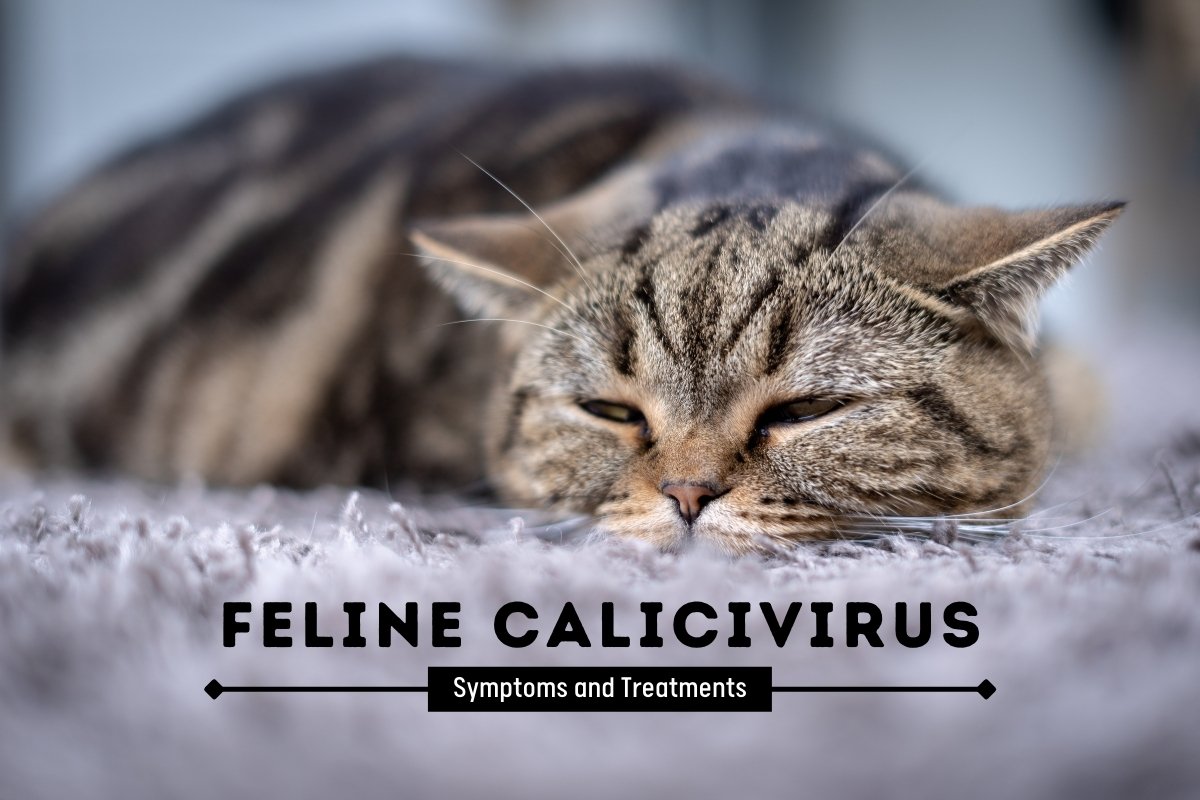
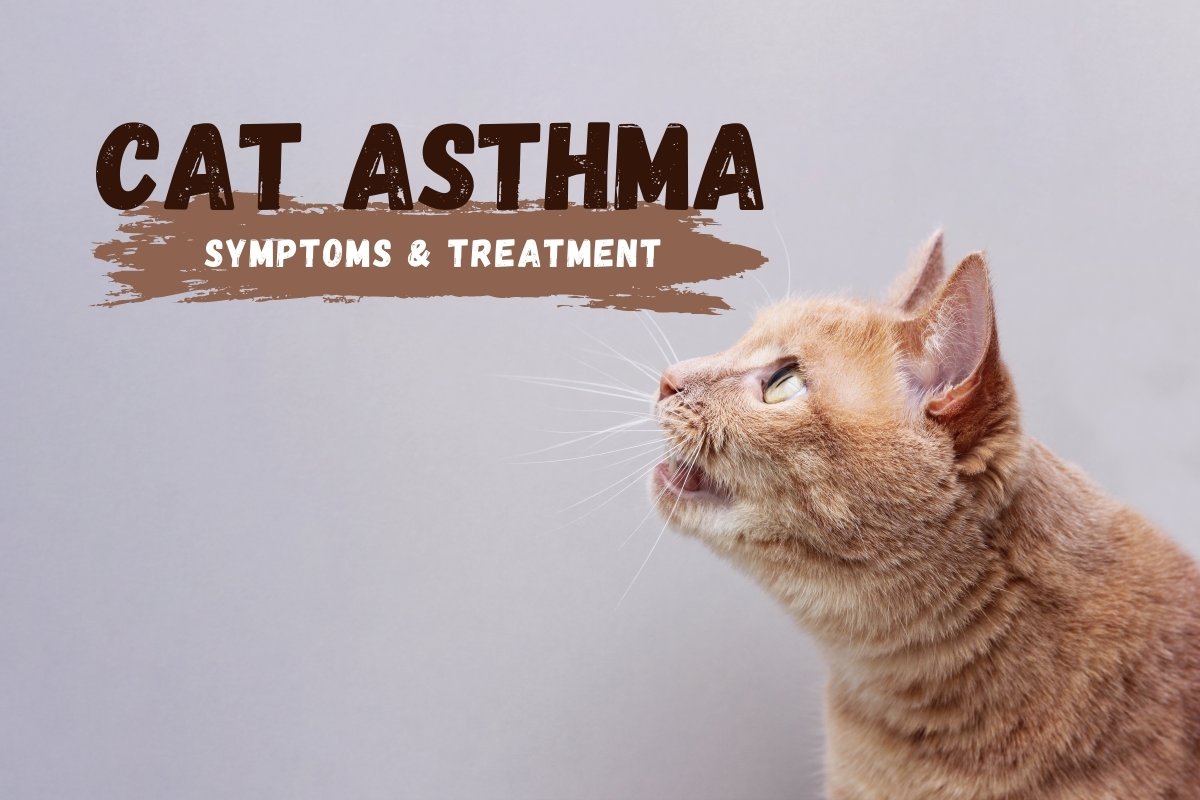
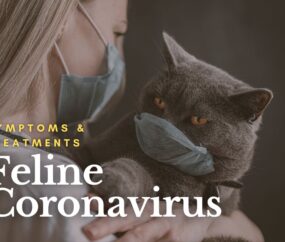
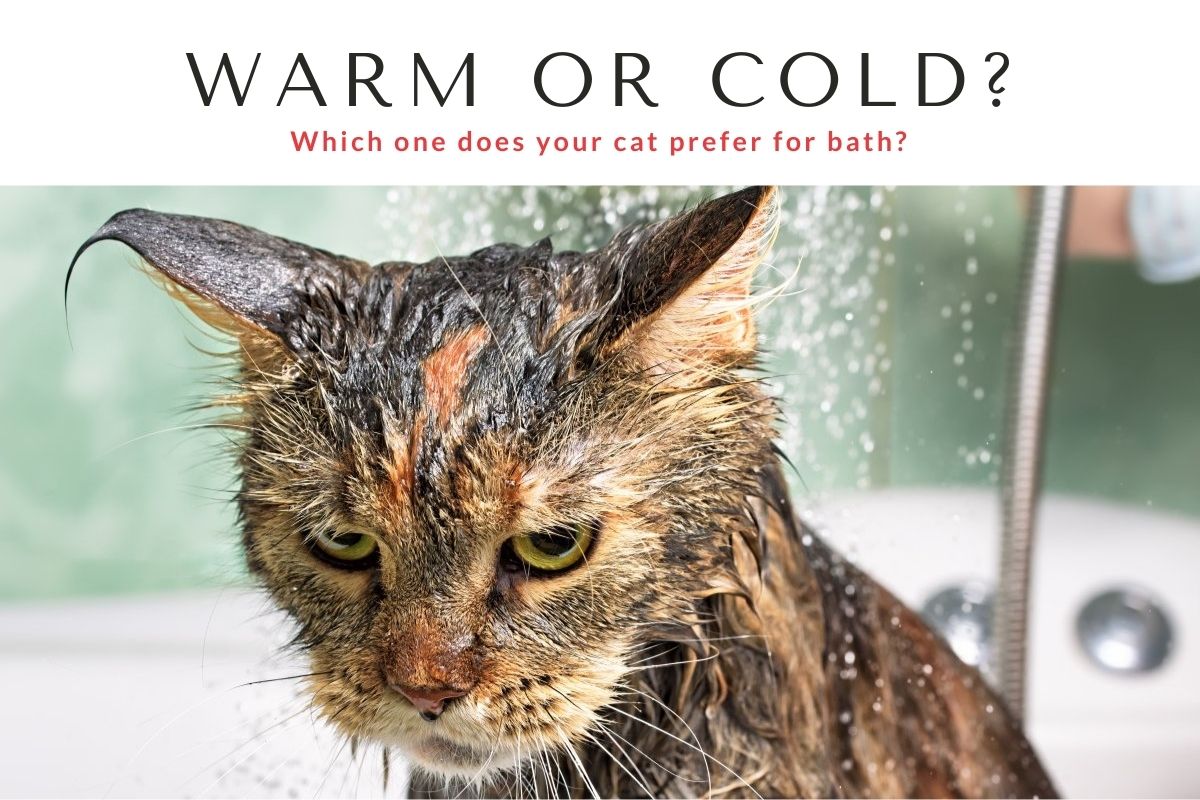
1 comment